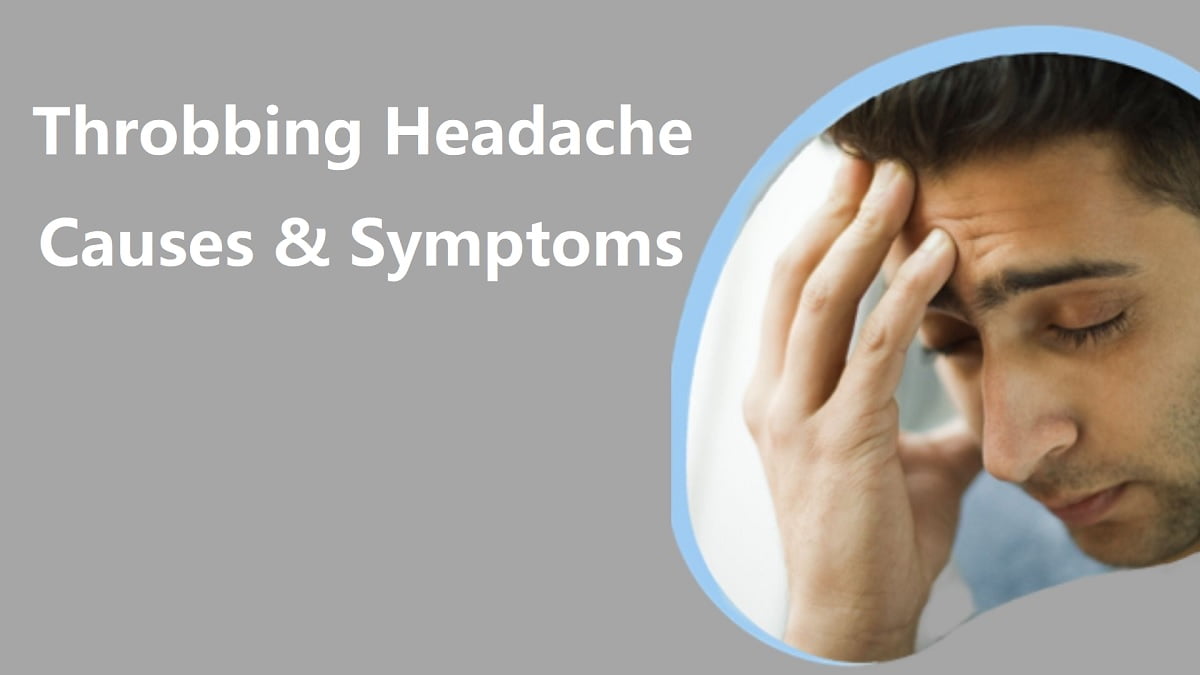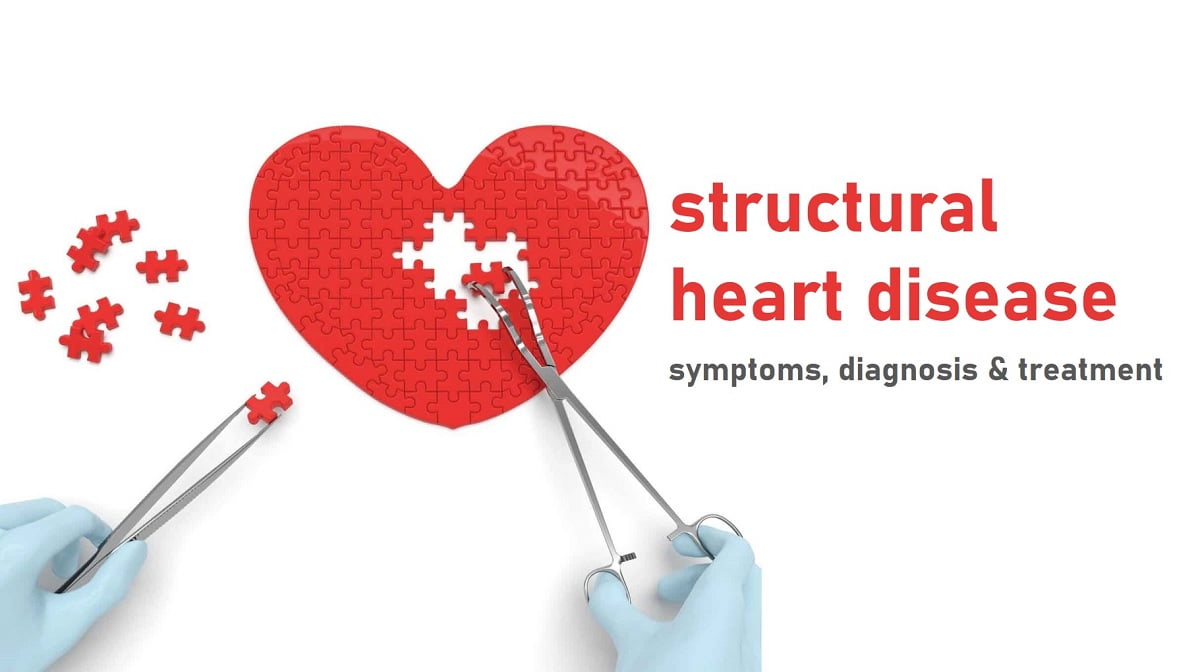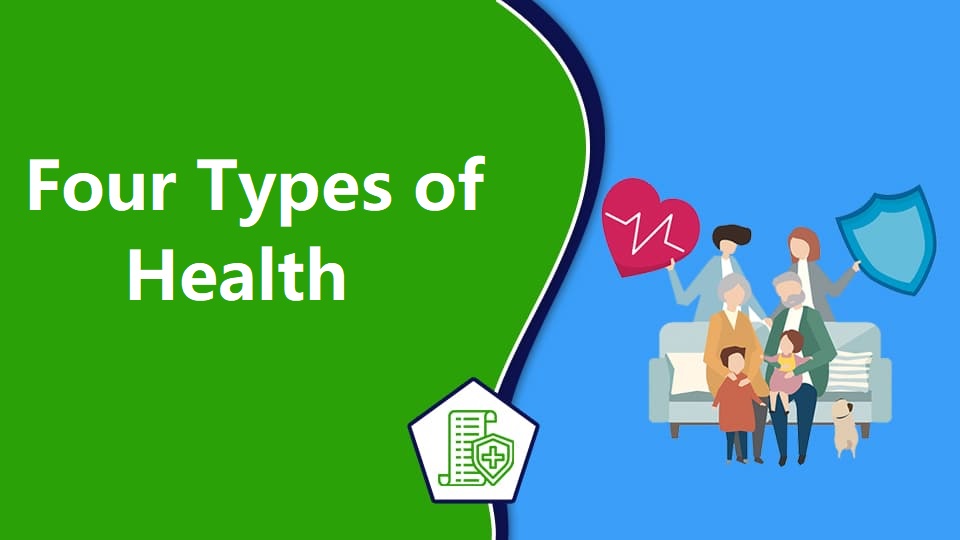Throbbing Headache : Causes with Symptoms & Home Remedies 2025

Headaches can be extremely disruptive and painful. A throbbing headache is a type of headache that many people experience frequently. This type of headache causes a constant pulsating sensation, typically on one side of the head. While throbbing headaches are not usually a sign of something serious, they can greatly impact your daily life. Understanding the causes, symptoms, and treatments for a throbbing headache is key to finding relief.
Common Causes of a Throbbing Headache
There are several potential causes and triggers for a throbbing headache:
Migraines
Migraines often cause a one-sided, pounding headache. Migraines can be accompanied by other symptoms like nausea, vomiting, and sensitivity to light or sound. Certain foods, hormonal changes, stress, and environmental factors can trigger migraines.
Tension Headaches
Tension headaches are the most common type of headache. They cause a constant, tight band of pressure or squeezing pain around the head. Stress, poor posture, and muscle strain in the neck and shoulders can commonly cause tension headaches.
Medication Overuse Headaches
Taking too much acute pain-relieving medication, like ibuprofen or opioids, can cause medication-overuse headaches. These recurrent headaches occur when the overused medication wears off.
Sleep Issues
Not getting enough sleep or having sleep disorders like sleep apnea can trigger early morning headaches. The lack of sleep causes head pain that is often throbbing.
Dehydration
Not drinking enough water or fluids causes dehydration. Dehydration commonly causes a dull, pulsing headache concentrated on both sides of the head. Drinking water or fluids containing electrolytes can help ease dehydration headaches.
Rebound Headaches
Stopping the overuse of a medication like opioids after using them frequently can trigger rebound headaches. These headaches can be severe and throbbing. Slowly tapering off medication use can prevent rebound headaches.
Head Injury
A head injury, concussion, or other trauma to the head can lead to a pounding, throbbing headache afterward. See a doctor if head pain persists after an injury.
Overexercise
Working out too hard can sometimes cause exertional headaches. The potential mechanisms may involve decreased hydration or increased blood pressure. Throbbing pain typically starts during or after intense exercise.
Alcohol Use
Drinking alcohol, especially in large amounts, can trigger a throbbing headache. Both the alcohol itself and dehydration from drinking can cause head pain. Hangovers after excessive drinking often involve a pulsating headache.
Symptoms of Throbbing Headache

Throbbing headaches can cause various symptoms alongside the head pain:
- Pounding, pulsating pain on one or both sides of the head
- Pain that feels like the head or brain is throbbing or pulsating
- Severe pain that follows a rhythmic pattern
- Pain is typically concentrated in the forehead, temples, or back of the head
- Pain that feels worse when bending over or straining
- Sensitivity to light, noise, and smells
- Nausea or vomiting
- Blurred vision
- Lightheadedness
- Sweating
- Facial pressure and pain
The location, severity, and accompanying symptoms can help identify the cause and best treatments for a throbbing headache. Keep a headache diary to track symptoms and identify potential triggers.
Home Remedies for Throbbing Headaches
Many throbbing headaches can be managed at home without medications. Here are some effective home remedies for treating a pounding headache:
Cold Compress
Applying an ice pack or cold compress to your head and neck can help soothe throbbing headache pain. Cold temperatures reduce inflammation, which makes headaches worse. Use a cold pack wrapped in a soft towel for 10-20 minutes at a time.
Heat Therapy
Heat can relax tight, tense muscles that contribute to certain headaches. Use a heating pad or warm washcloth on areas of muscle tension in your neck and shoulders. Be careful not to fall asleep with the heat on your body.
Stay Hydrated
Drinking plenty of water prevents dehydration, which can worsen headaches. Sports drinks with electrolytes also help treat and prevent dehydration headaches. Alcohol, which dehydrates you.
Limit Caffeine
While some find caffeine can temporarily relieve headaches, it can also disrupt sleep and cause dehydration. Limiting caffeine from coffee, tea, soda, and chocolate may prevent headaches.
Essential Oils
Essential oils like peppermint, lavender, and eucalyptus have anti-inflammatory and soothing properties. Rub diluted oils onto temples, forehead, and neck muscles for tension headache relief.
Massage
Massaging and stretching tense, tight muscles in the neck, shoulders, jaw, and scalp can help relax them and reduce headaches. Try self-massage or see a massage therapist.
Rest in a Dark Room
Light and noise sensitivity are common with throbbing headaches. Resting in a cool, dark, quiet room allows you to relax while limiting exposure to headache triggers. Close curtains, use an eye mask, and avoid electronics.
Meditation & Relaxation
Meditation, deep breathing, yoga, and mindfulness exercises induce relaxation, reduce stress, and increase pain tolerance. Even 10-15 minutes can help distract from headache pain.
Biofeedback
Using biofeedback devices that monitor muscle tension and heart rate can help you recognize and control stress responses tied to headache pain. Reducing these factors helps relieve tension headaches.
Medications for Throbbing Headaches
Certain over-the-counter and prescription medications can help manage throbbing headache symptoms when home remedies aren’t enough:
Over-the-Counter Pain Relievers
For mild headaches, OTC painkillers like ibuprofen (Advil) and acetaminophen (Tylenol) can help reduce headache pain and inflammation when used occasionally. Avoid overuse.
Migraine Medications
If you have frequent migraines, prescription migraine drugs like Triptans or Ergots can treat migraine pain and symptoms. They constrict blood vessels and block pain pathways in the brain.
Preventive Medications
For chronic headaches, preventive daily medicines like tricyclic antidepressants, beta-blockers, and anti-seizure drugs help reduce headache frequency and severity. They regulate brain chemicals and numb pain signals.
Muscle Relaxers
Muscle relaxants like cyclobenzaprine provide relief specifically for tension headaches. They reduce painful head and neck muscle contractions and spasms.
Massage, Physical Therapy & Acupuncture
Non-drug approaches like therapeutic massage, physical therapy exercises, and acupuncture can help relax tight head and neck muscles and prevent recurring tension headaches.
When to See a Doctor
Schedule an appointment with your doctor if:
- Headache pain becomes severe and doesn’t improve with medication
- Headaches occur more often or become debilitating
- You experience neurological symptoms like weakness, loss of coordination, or speech issues
- You have double vision, fainting, fever, neck stiffness, or confusion
- Headaches start after a head injury, fall, or accident
- Headache triggers and causes are unclear
- Over-the-counter medications don’t relieve your headaches
Severe headaches with neurological symptoms require prompt medical care to determine the cause and rule out serious conditions. Chronic throbbing headaches should also be evaluated to identify any underlying health problems needing treatment.
Your doctor can pinpoint headache triggers through your history, recommend preventive medication if needed, and refer you to a neurologist or headache specialist for further care.
Frequently Asked Questions (FAQs)
Q: Why does my headache throb or pulse?
A: The throbbing pain of headaches is often caused by the pulsation of blood vessels or nerves surrounding the brain. The pounding reflects the heartbeat. Migraines, tension, exertion, and other headache triggers can make these blood vessels and nerves pulsate and become irritated or inflamed.
Q: Is a throbbing headache serious or dangerous?
A: Most throbbing headaches are not dangerous or life-threatening on their own. However, a sudden severe headache or one accompanied by neurological symptoms like weakness or confusion can indicate a medical emergency like a stroke, aneurysm, or hemorrhage requiring prompt medical care.
Q: Can stress and anxiety cause a throbbing headache?
A: Yes, stress and anxiety are very common triggers for tension headaches and migraines,nes which often involve a throbbing sensation. Stress causes head and neck muscle tension that can develop into pounding head pain. Managing stress with relaxation techniques can prevent stress-related headaches.
Q: Why do headaches throb more at night or when lying down?
A: For some people, throbbing headaches worsen at night because lying flat increases pressure on blood vessels and nerves already inflamed and pulsating. Staying upright, sleeping with your head elevated, or using pillows to support the head and neck can provide relief.
Q: Are dehydration headaches usually throbbing?
A: Yes, dehydration or not drinking enough water commonly causes a headache with a throbbing quality. When the body lacks fluids, it responds by constricting blood vessels, including those around the brain. This causes a pulsating sensation that worsens with movement or straining.
Q: Can caffeine help or make throbbing headaches worse?
A: In small amounts, caffeine can temporarily relieve a throbbing headache by constricting blood vessels, but it tends to cause headaches when overused. Caffeine withdrawal after habitual use is a common headache trigger. Limiting caffeine may prevent headaches, but it doesn’t treat a migraine already underway.
Q: What OTC pain medications work best for throbbing headaches?
A: Ibuprofen (Advil, Motrin) or naproxen (Aleve) are the most effective over-the-counter medications for treating throbbing headaches. As non-steroidal anti-inflammatory drugs (NSAIDs), they reduce inflammation associated with dilated blood vessels and nerves involved in headache pain.
Q: When should you see a doctor for frequent throbbing headaches?
A: See your doctor if you experience throbbing headaches several times a month or if OTC medications don’t relieve your headache pain. A doctor can help identify the headache type, rule out underlying medical conditions, and recommend preventive prescription medications if needed for chronic headaches.
Q: Are throbbing headaches a sign of a brain tumor?
A: It’s rare that a brain tumor would cause a throbbing headache. But any sudden, severe headache or headache that doesn’t respond to medication should be evaluated by a doctor. A headache is sometimes an early symptom of a brain tumor, but by itself does not indicate a brain tumor is present.
Conclusion
Throbbing headaches can disrupt your day with pulsating head pain, but often improve with self-care remedies and medications. Identifying the source of your headache and avoiding triggers are key to finding relief. See a doctor for persistent, worsening, or unusual headache symptoms. Tracking your headaches and working with a doctor allows you to manage throbbing headaches and start feeling better.



